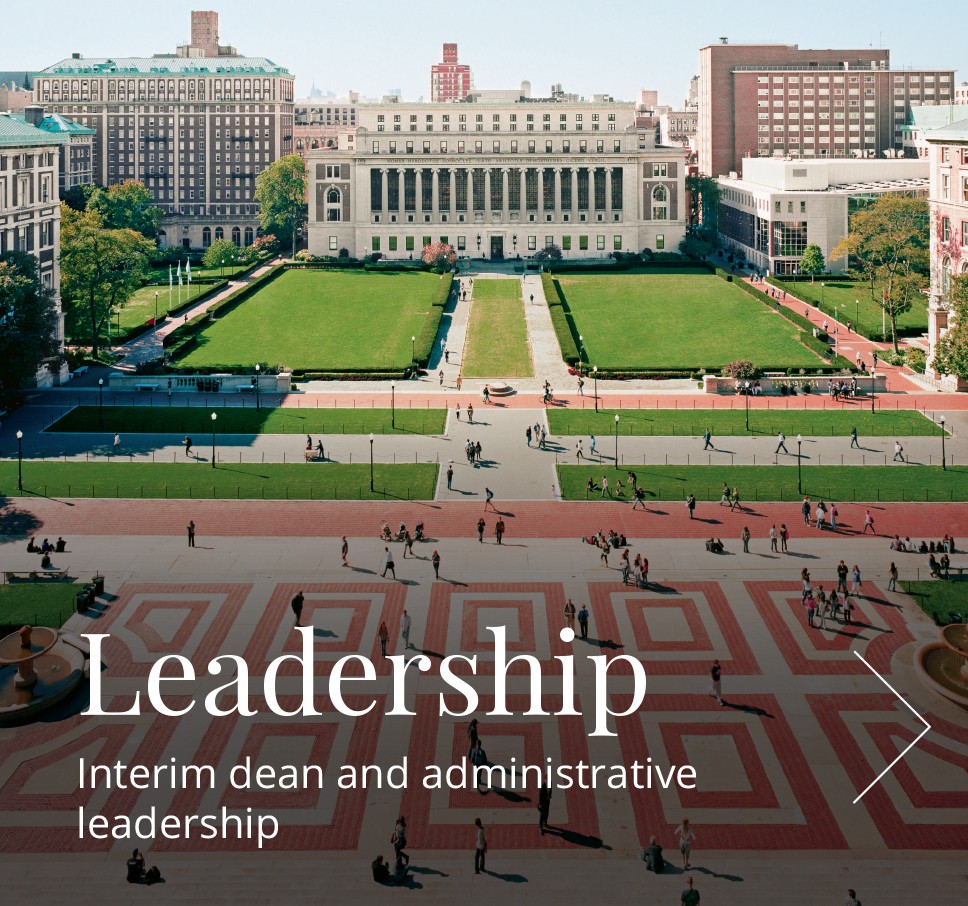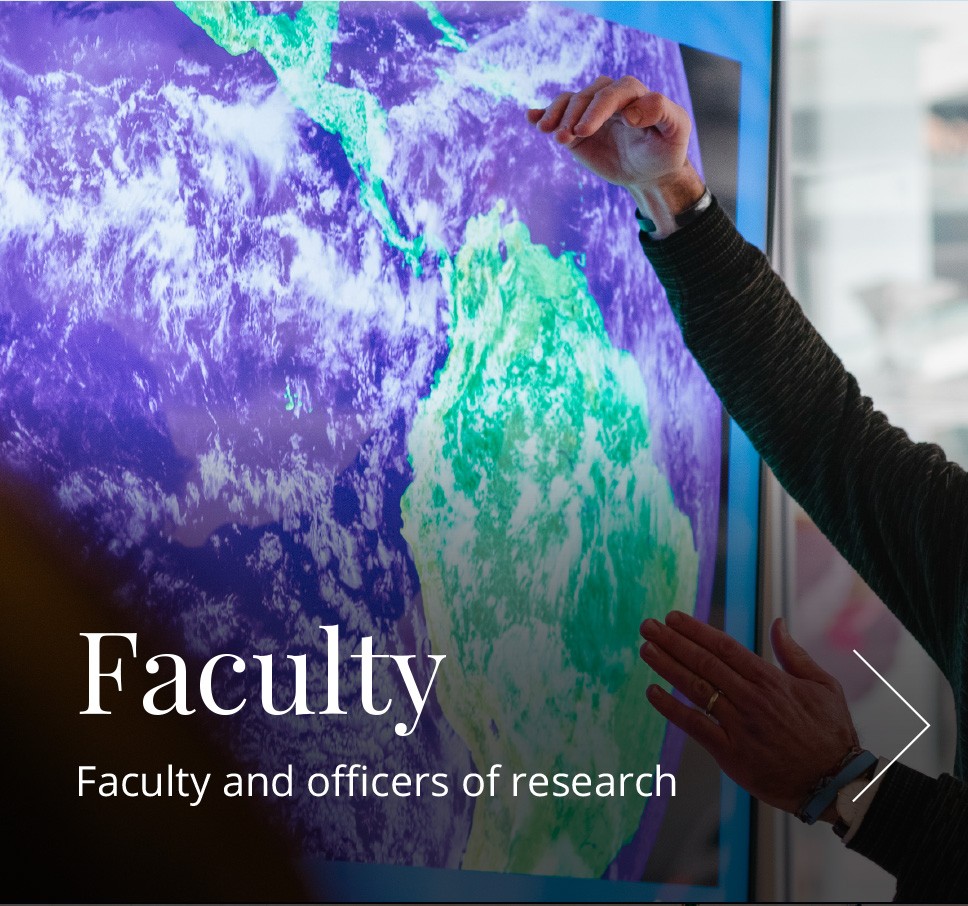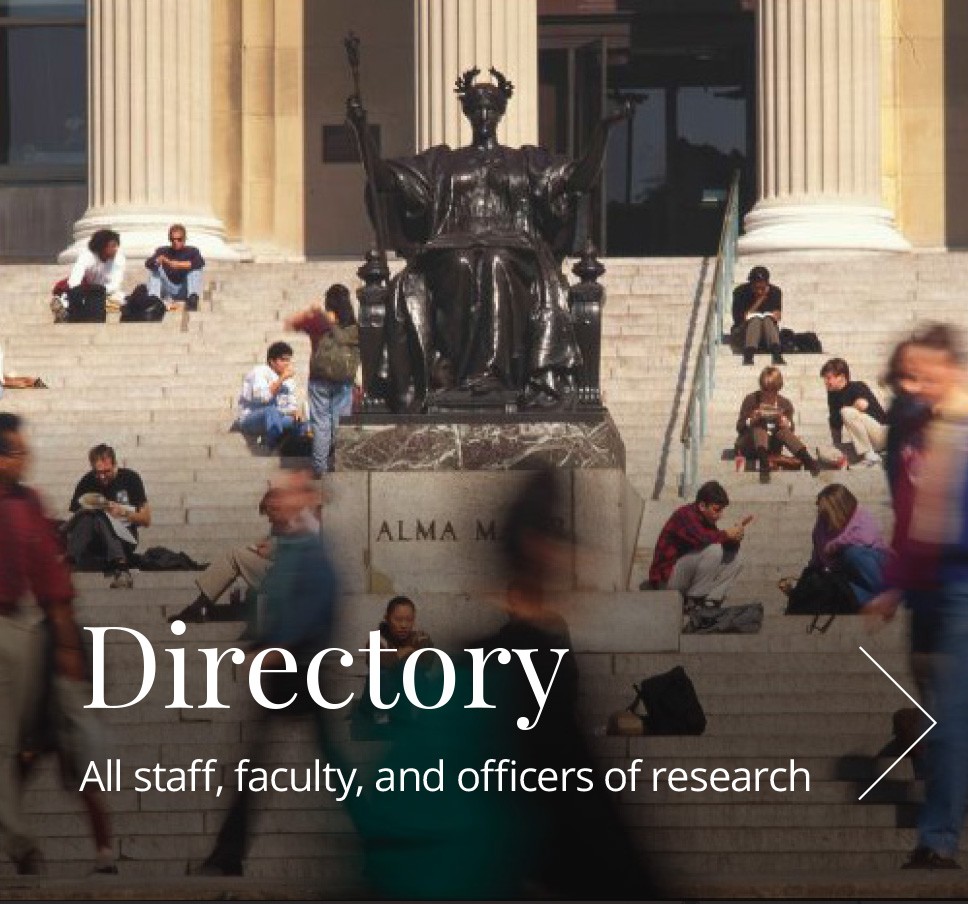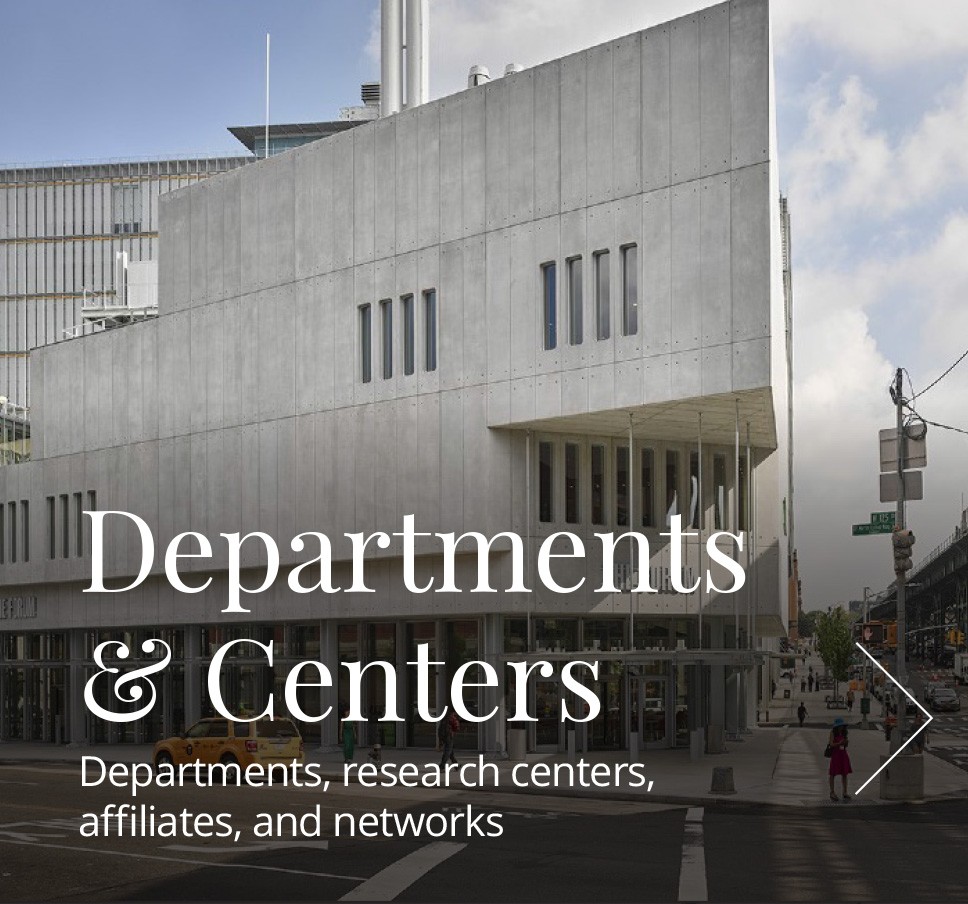The climate crisis is one of the greatest threats facing humanity. In response, Columbia University established the nation's first climate school in 2020 to educate future climate leaders, support groundbreaking research, and foster essential climate solutions from the community to the planetary scale.
Interim Dean
In July 2023, Jeffrey Shaman became Interim Dean of the Columbia Climate School, moving into this expanded role from his position as Vice Dean of Faculty Affairs. Shaman is a Professor of Climate in the Climate School as well as a Professor in the Department of Environmental Health Sciences at the Columbia University Mailman School of Public Health.






